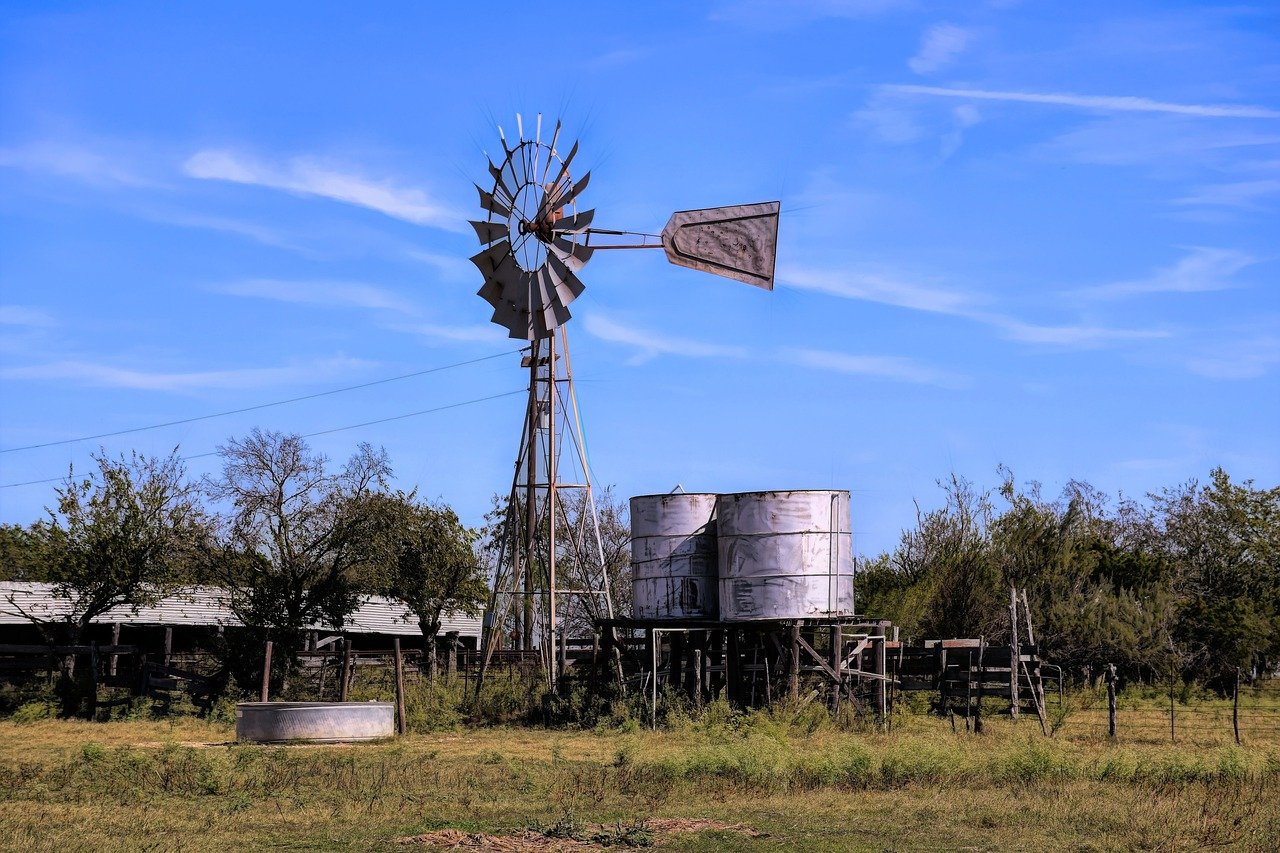Late Monday, Japan confirmed its communication with China and Russia regarding the oceanic discharge of wastewater from the Fukushima nuclear power station, a property of Tokyo Electric Power Company Holdings (Tepco).
This communication was formalized in a document dated August 18 and is available on the International Atomic Energy Agency’s (IAEA) website. The necessity of this move became imperative after Tepco began the intricate process of purifying the contaminated water from the reactor. They employed an Advanced Liquid Processing System (ALPS), specifically designed to separate harmful isotopes, with the sole exception of tritium, a radioactive hydrogen isotope. This isotope’s tight bond with water makes it a challenge to remove. To ensure safety, Tepco will dilute this water, ensuring tritium concentrations are below regulatory limits before reintroducing it into the ocean.
Highlights of Japan’s Responses on the Matter Include:
1. Disposal of Fukushima Water:
- Tepco’s ALPS-treated water aligns with Japanese regulatory and international standards. Post-treatment, tritium concentrations will be well within safe drinking water limits.
- Despite these safety measures, it’s noted that no country has the practice of drinking water discharged from nuclear facilities.
- IAEA has validated Japan’s approach, ensuring that the disposal method and actions taken by Tepco, the Nuclear Regulation Authority (NRA), and the Japanese government adhere to international safety standards. They believe the impact on the environment and human health will be minimal.
2. Release Option:
- Current storage solutions are nearly at capacity (97% full). Further tank construction at the Fukushima Daiichi Nuclear Power Station (FDNPS) is unfeasible due to space constraints.
- Long-term tank storage is risky given the region’s susceptibility to earthquakes, which could compromise tank integrity.
- Ocean discharge was selected based on its reliability, proven track record in nuclear facilities worldwide, predictable diffusion behavior, and ease of environmental impact monitoring.
3. Normal Operation and Water from a Nuclear Accident:
- The IAEA emphasizes that safety standards don’t differentiate between water from regular operations and water from a facility post-accident. The focus is on the water’s content, not its origin. The IAEA has ensured that the water’s discharge won’t be detrimental to humans or marine ecosystems.
4. Annual Discharge Limits:
- Japan sees no need for discharge limits as long as the ALPS system reliably maintains nuclide levels (except tritium) within regulatory standards. Each water batch will undergo rigorous sampling before dilution and discharge.
5. Reliability of ALPS System:
- The system’s performance has earned NRA’s approval, operating effectively since 2019 to meet regulatory standards.
- Discharges will only occur when a water batch meets NRA and IAEA-reviewed discharge standards. Concentration levels will be verified, removing estimation needs.
6. Credibility of Monitoring Results:
- The IAEA and several third-party labs analyzed treated water samples in March 2022. Their findings affirm Tepco’s accuracy in measuring the discharge water’s quality. Tepco’s robust analytical systems have been acknowledged by the IAEA.
7. External Supervision in Monitoring:
- Japan believes IAEA reviews, supported by third-country labs, ensure transparent monitoring.
- Japan has approached Chinese nuclear experts and officials for individual briefing sessions to foster understanding and scientific dialogue. Despite their efforts to maintain transparency, such meetings haven’t occurred.
8. Environmental Monitoring:
- If monitoring detects anomalies, such as unusual radioactive material concentrations, Japan commits to immediate counteractions, including discharge suspension.
9. Participation by China and Russia in Decision-making of Water Release:
- The IAEA’s report commends Japan’s outreach and information-sharing efforts with international and domestic parties, highlighting their commitment to transparency.
10. Term of ALPS Treated Water:
- The term “contaminated water” is a misrepresentation. The ALPS-treated water contains radioactive material concentrations well below the regulatory thresholds.
In summary, Japan’s detailed response underscores their commitment to safety, transparency, and international cooperation regarding the wastewater disposal from the Fukushima power station. They’re leaning heavily on science, internationally recognized safety standards, and rigorous monitoring systems to ensure minimal environmental and health impacts.
Read More:
